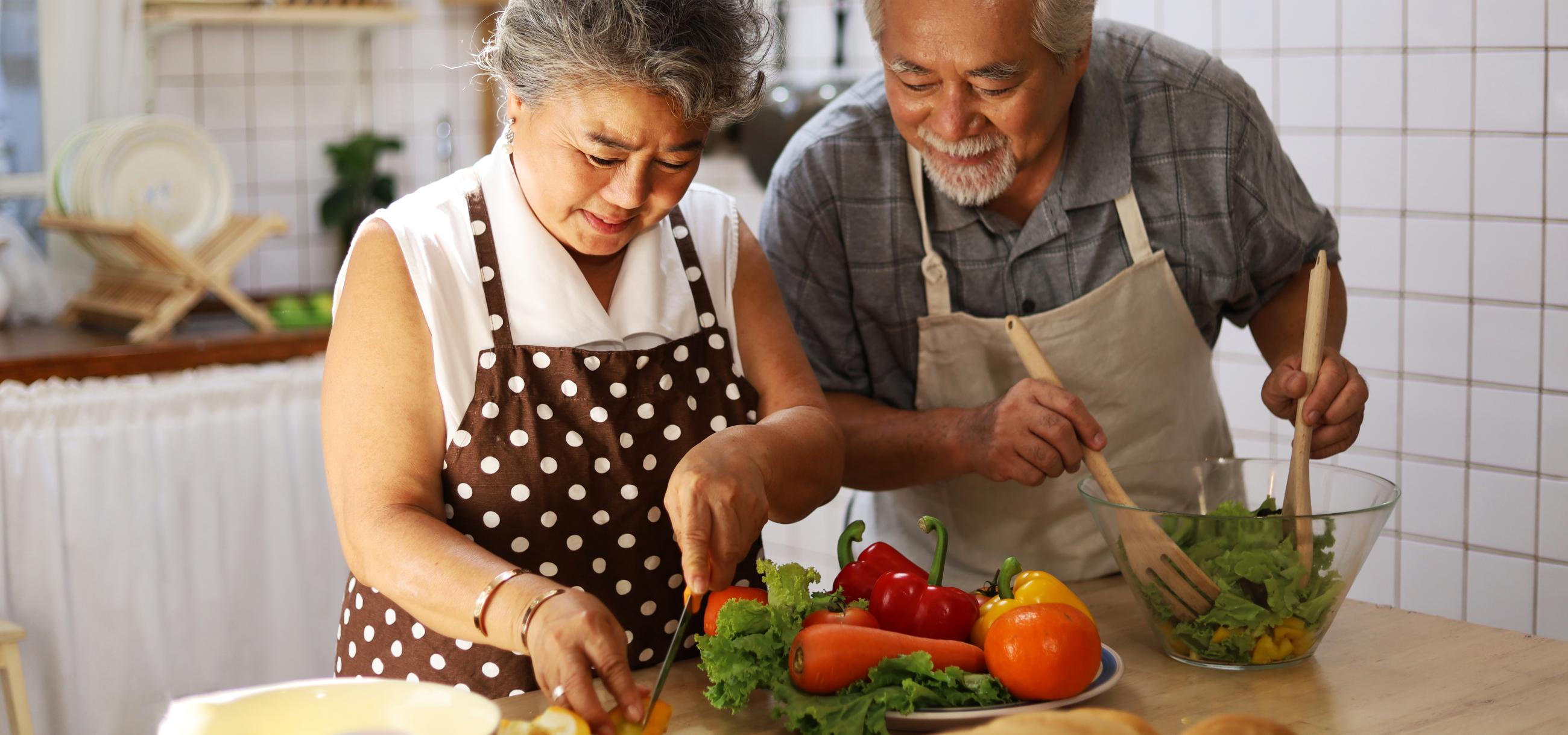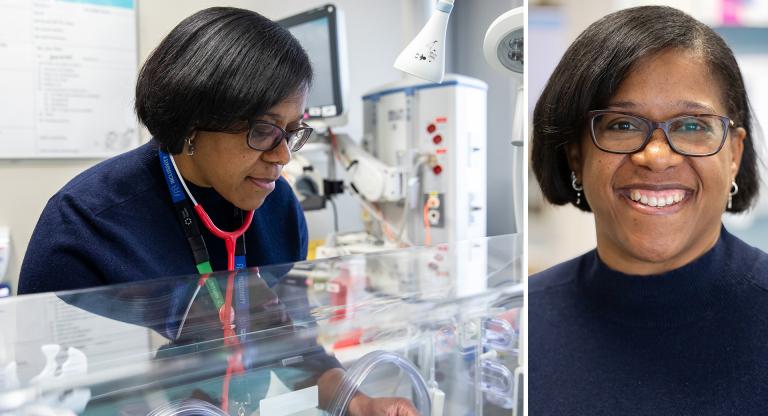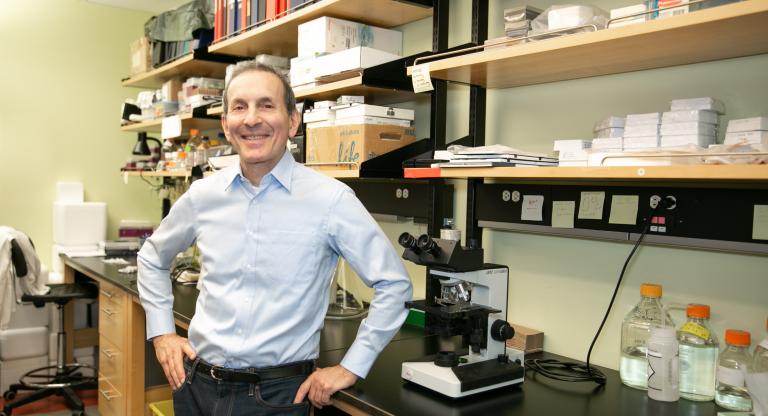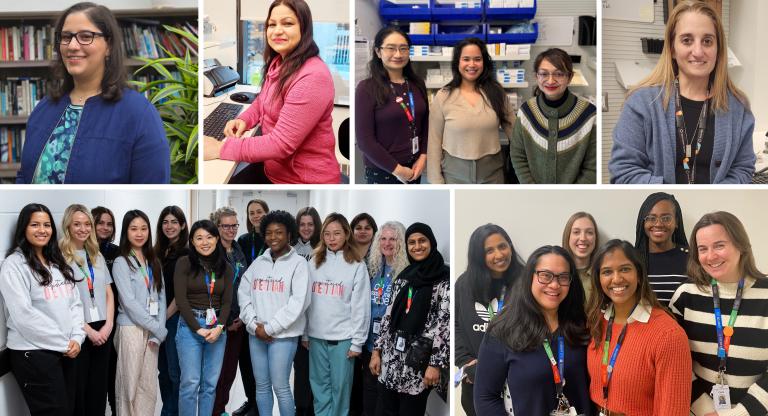Cancer and food-related myths debunked

“For individuals with a cancer diagnosis, a balanced diet and maintaining a healthy and consistent body weight still apply and improves treatment outcomes. It’s less about good food and bad food and more about the quality of what you’re eating,” says Maya Ram, a clinical dietitian at Sinai Health’s Christopher Sharp Cancer Centre.
“Often patients ask about dietary tips they’ve heard or read about, that at first seem connected to evidence – but are really not,” says Maya, who provides oncology clinical nutrition counselling as part of the Cancer program team’s whole-person care approach to supporting patients.
Maya addresses three cancer and food-related misconceptions:
Myth: Take extra vitamins and minerals to help your body stop or slow down the cancer.
Though vitamins and minerals are natural and important for our health, taking them in large doses is not always better for the body. In fact, while Vitamin C is a powerful antioxidant which protects all cells, doses several times higher than the Recommended Dietary Allowance (RDA) may impact the effectiveness of chemotherapy or radiation treatments.
Myth: Stop eating sugar because it makes the cancer grow.
Eating sugar does not promote the growth of cancer. Sugar is found in many food groups, including grains, fruit, vegetable, dairy, beans and lentils. Our body uses this sugar as a preferred source of energy (referred to as glucose). It regulates how much sugar (glucose) our cells receive to carry out their normal functions. Sometimes, a diet that is high in sugar and low in other food groups, can cause the body to produce more insulin to help regulate our blood sugar levels (blood glucose levels). Eventually, this can lead to obesity, a very complex chronic condition, which is a strong risk factor for cancer. In contrast, removing all sugar from our diet would take out an important fuel source for our bodies and can lead to significant, unintentional weight loss while undergoing cancer treatment.
Myth: You need to go on a special diet when you’re going through treatment.
The key is to try to eat a balanced diet with all four food groups (vegetables and fruit, grain products, milk and milk alternatives, meat and meat alternatives) and to focus on maintaining good hydration during treatment. With the different types of surgeries and chemotherapy that are required for cancers of the digestive tract, maintaining your weight and dietary intake are extremely important. There are also medications to help patients manage nausea and other side effects from treatment.
“It’s so vital that patients don’t get discouraged and that they work with their health care team including their dietitian, to avoid drastic weight loss and manage symptoms,” adds Maya.












